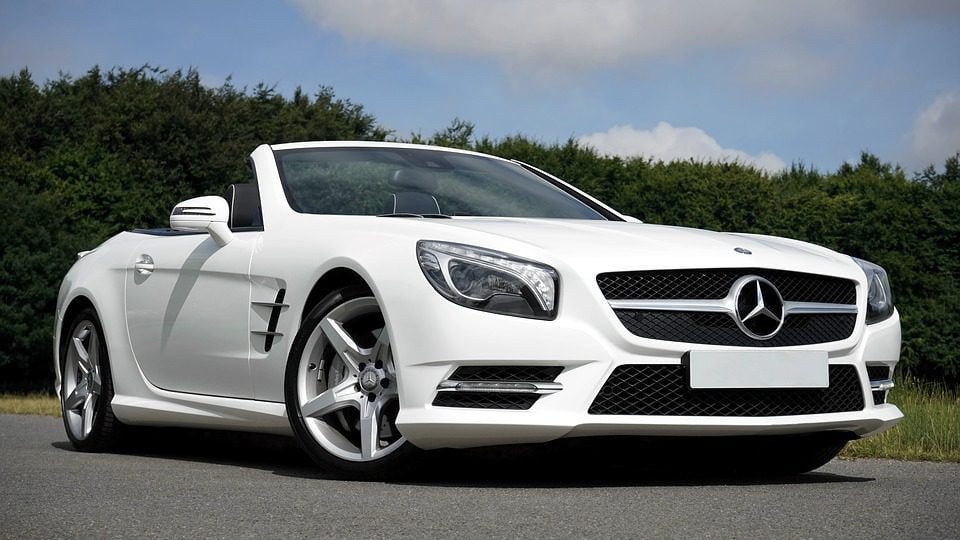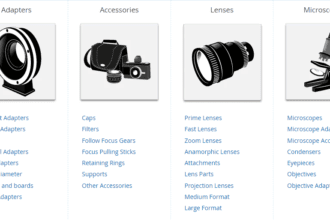
Electric vs Hybrid cars. Are you confused as well? It seems that everyone is talking about electric vehicles and hybrids right now and they are becoming increasingly common on the roads with many motorists making the switch in the last few years. Despite this, there is some confusion over the difference and, although they have similarities, they are actually two very different types of vehicles and it is important to know the difference if you are thinking of switching.
Electric vs Hybrid cars: Which is Best for You
Electric Cars
First, you have electric cars. These are vehicles that are powered entirely by electricity without any requirement for fossil fuels. This means that you need to charge the battery to power the vehicle, which can be done with Dcbel’s EV charging point at home or at a charging point (there are more charging points than petrol stations nowadays).
Hybrid Cars
Hybrid cars, meanwhile, use both a petrol or diesel engine and an electric motor. A hybrid car can run on electricity for a certain range and then will switch to diesel-petrol once it has run out of charge. The battery is then recharged through regenerative braking as opposed to plugging in (although there are plug-in hybrids available).
Electric vs Hybrid cars: Key Differences
There are a number of key differences to be aware of between electric cars and hybrid vehicles. You will find that an electric car has lower running costs because you do not have to pay for any fuel (which is also a rising cost), plus there is no road tax with zero-emission vehicles. This also means that electric cars are better for the environment – hybrids are better than standard petrol/diesel, but they still do use a combustion engine.
Typically, you will find that hybrids have a longer range than electric cars as they have two sources of power. They are also usually cheaper to buy but keep in mind that the sale of hybrid cars will be banned from 2035.
Similarities
There are certain similarities with these types of vehicles. Obviously, they are both more sustainable and cheaper to run than regular petrol/diesel-powered cars. In addition to this, they will both require annual MOTs after the car is 4 years old and regular servicing is advised to keep the vehicle in the best possible condition and to detect any small problems before they become large and expensive issues.
Many motorists are switching to an electric or hybrid vehicle right now, which can be a great option, but you do need to know the differences between these vehicle types. Although they have similarities and are ideal for those looking to reduce their impact, they are also very different in the way that they work and you will want to find the best vehicle type for your needs and lifestyle.








